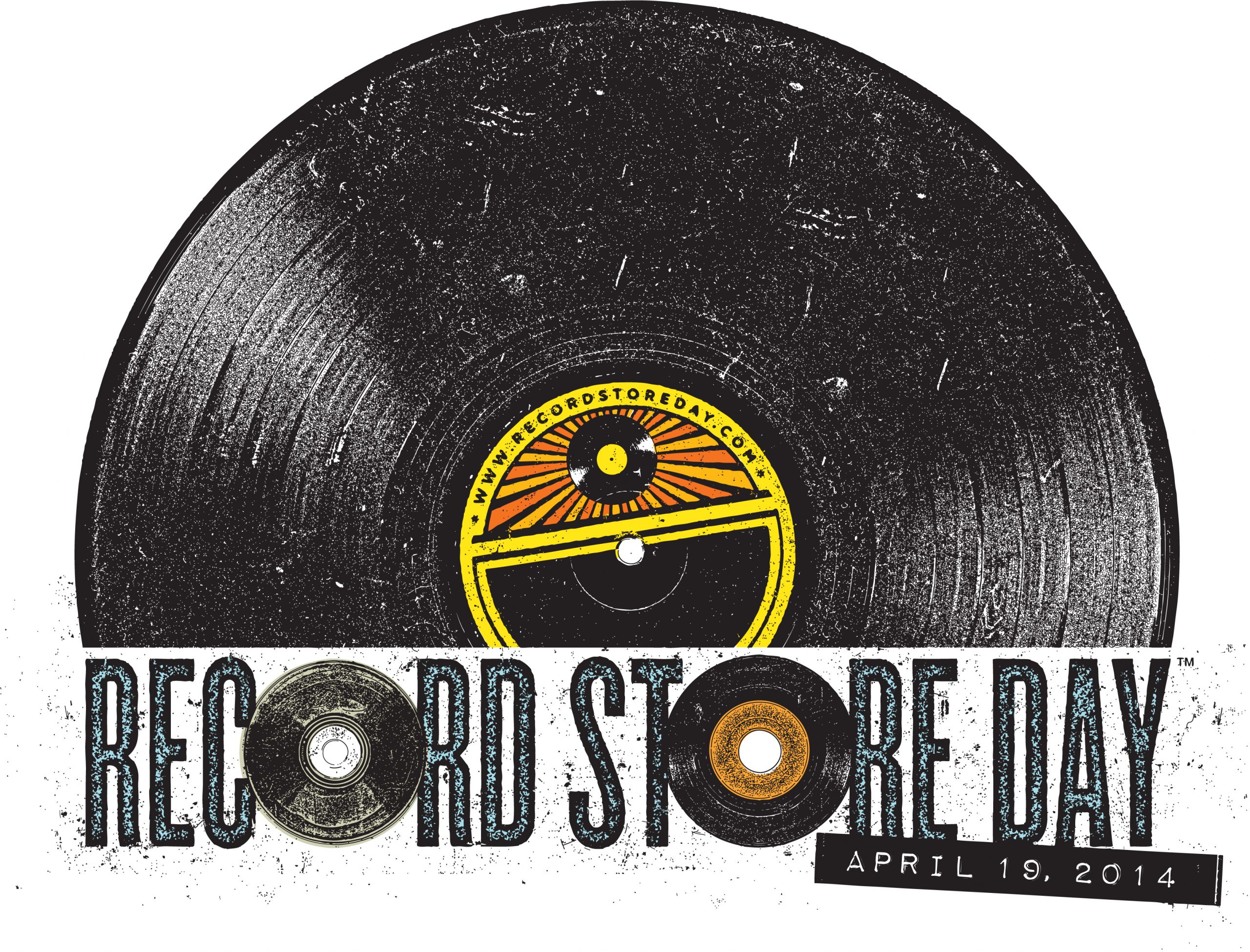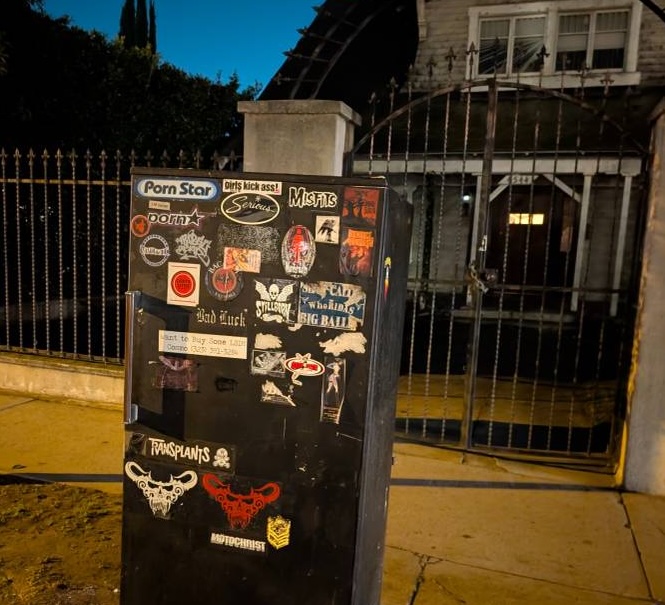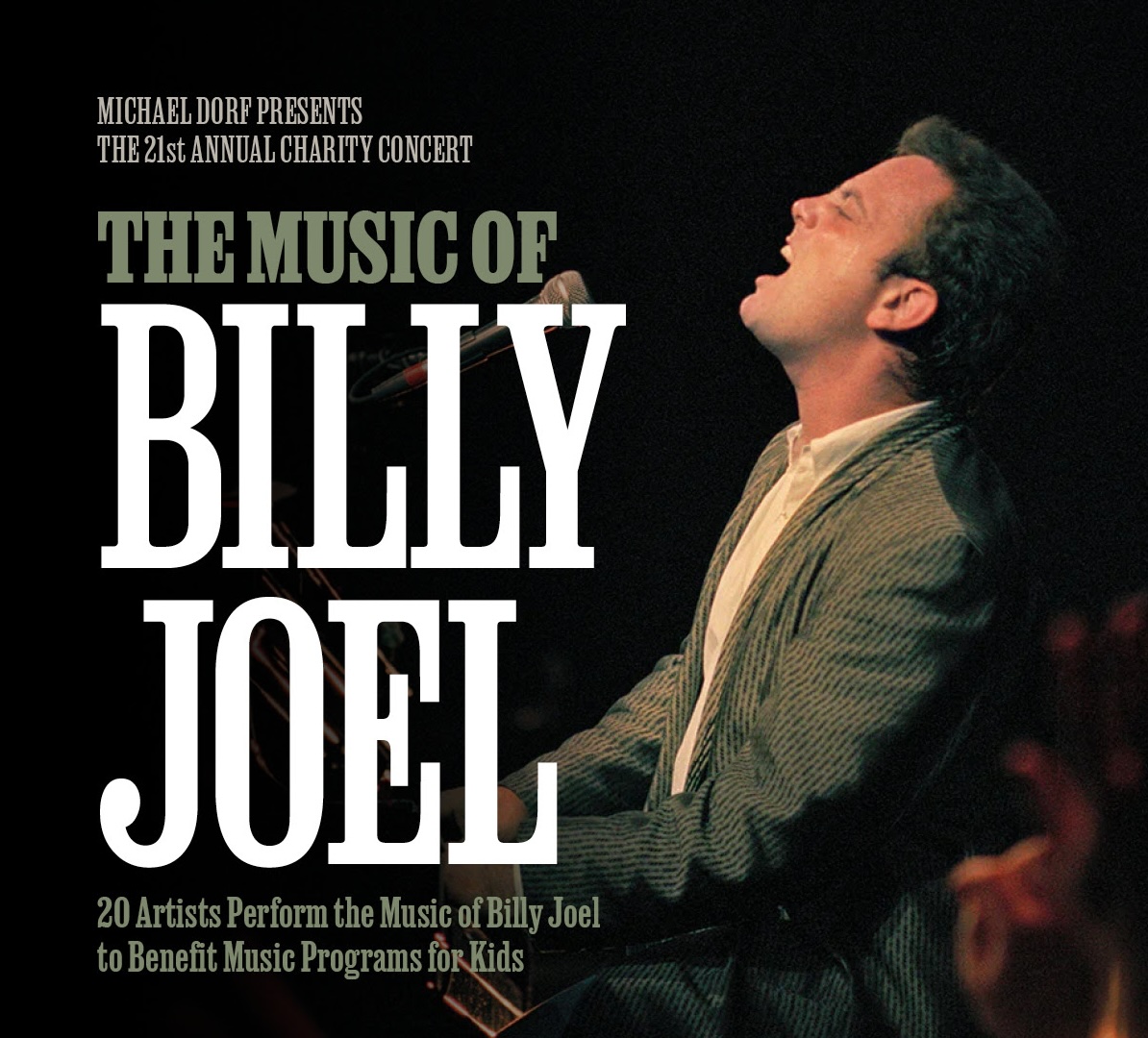Record Store Day, a biannual event in which labels release limited edition product exclusively to independent record shops, is supposed to be a guaranteed win for the shops. It definitely succeeds in driving business; when I interviewed a local record store owner for Columbus Alive last year, he said the event basically keeps his doors open. But apparently there are ways Record Store Day can burn a business too. A new blog post by Washington, D.C. NPR affiliate WAMU 88.5 raises the question of whether Record Store Day benefits labels more than the mom-and-pop shops it's designed to serve. With a whopping 438 releases on tap for this year's first Record Store Day observance on 4/19 (the second is Black Friday), WAMU wonders if shop owners can afford to order so much product and whether prices for RSD releases have gotten too expensive. The story paints a picture of a catch-22 in which stores feel like they have to order as much RSD stock as possible to keep up but risk ending up with lots of leftovers depreciating on their shelves. Here's an excerpt:
"It’s out of control," says Neal Becton, who owns D.C. shop Som Records. Some business owners say Record Store Day records are too expensive and too numerous, and stores risk losing a lot of money on records that don’t sell.
This wasn’t how Record Store Day was supposed to be. The twice-annual event, which takes place April 19 this year and on Black Friday, was started to help support record shops. It makes special records exclusively available to independent brick-and-mortar stores to drum up business, and it’s been quite a hit, at least judging from the lines that form outside of stores on the big day.
But in a Washington Post story about the event last year, Red Onion Records owner Josh Harkavy was quoted as calling the event "Record Label Day" because of a perception that labels are its true beneficiaries. That sentiment hasn’t changed. Crooked Beat shop owner Bill Daly says some of the vinyl slabs are so costly, no one is buying. "Customers balk at a certain price," he says. He cites a 2013 Nick Drake release that, at nearly $40 retail, barely moved from his shelves—even though Drake is a reliable seller at his store. "It stiffed, basically," Daly says. He bought 40 copies at $27 a pop, and still has two dozen left.
Read the full story here. What do you guys think? Are shop owners right to be concerned, or is this just a matter of knowing your customers and making smart business decisions?






